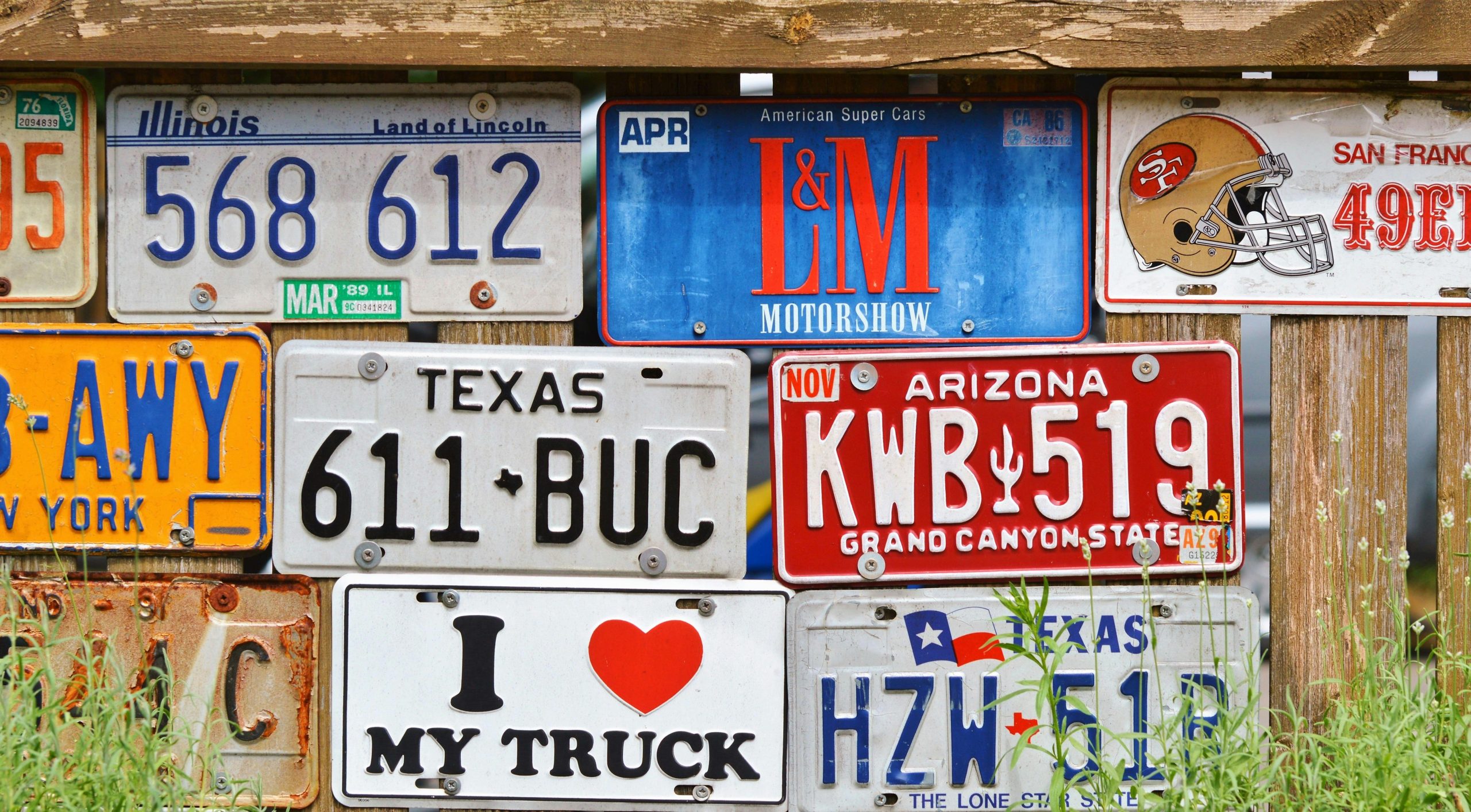Can I Keep the Insurance Payout?
A few weeks ago, I was sideswiped by another driver, resulting in only minor cosmetic damage to my car. The other person’s insurance company is directly depositing the payout based on a body shop estimate. The damage includes some scratches, a small dent, and I need to replace the back cover of the driver’s side mirror. I plan to fix the mirror, but the dent and scratches are minimal, so I find it hard to justify spending $5,000 to replace the entire side panels.
Since my insurance and my loan company aren’t involved in this situation, would anyone know if I could keep the payout and handle the mirror repair myself? Is this allowed in North Carolina?




In North Carolina, if you receive an insurance payout for a claim and choose to keep the money rather than fixing the damage, it’s generally legal as long as you’re not violating any terms of a loan agreement or insurance policy. Since you mentioned that your own insurer and loan holder are not involved, you have some flexibility in how you use the payout.
However, there are a couple of things to consider:
Loan Agreement: If your car loan has specific requirements regarding repairs or insurance payouts, you should review your loan agreement. Some lenders may require that the vehicle be repaired or that any insurance payout be used to pay down your loan.
Insurance Terms: Ensure you aren’t obligated to use the payment in a specific way according to the other person’s insurance policy. Most of the time, once you’re paid out, you can use the money as you wish, especially since their insurer isn’t requiring any documentation of repairs.
Ethics and Honesty: While it may be legal, consider the ethics of your decision. The compensation is meant to cover the repairs; if you choose to keep the money but don’t fix the car, it could be viewed as taking advantage of the situation.
Future Claims: If you plan to file claims in the future, keep in mind that insurance companies prefer to see vehicles restored to their pre-accident condition. Not addressing visible damage could affect future claims or the value of your vehicle.
Ultimately, it is your choice how to proceed, but weighing the implications and ensuring you’re aware of any potential consequences with your loan or future insurance claims is a good approach. If you’re uncertain, consulting with someone in the insurance or legal field can provide clarity specific to your situation.